1. Hardware mining:-
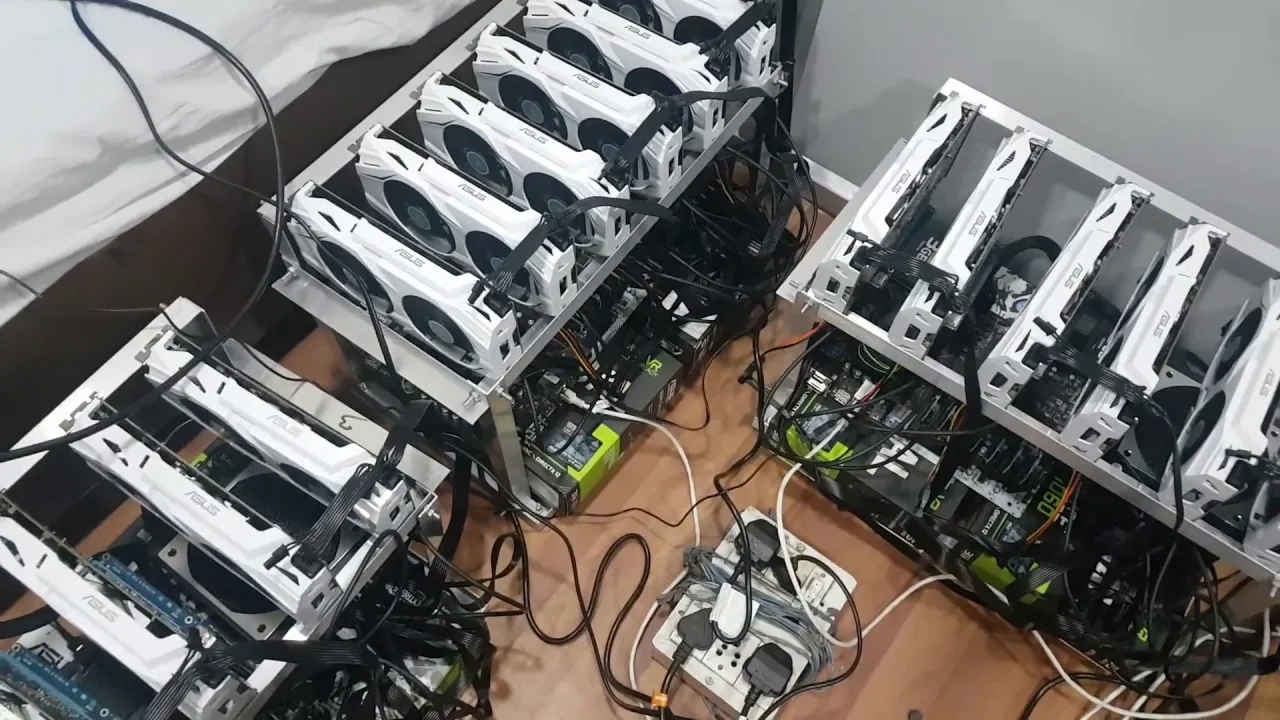
As I mentioned all the details In my previous blog “https://steemit.com/mgsc/@somasekhar/best-hardware-for-crypto-mining “ so if you want to know the complete details about hardware mining please go to above link.
2. Mining services (Cloud mining):-

Cloud Mining is the process of mining a remote datacenter with shared processing power. This type of cloud mining enables users to mine bitcoins or alternative crypto-currencies without investing in expensive hardwares. This enables the owners not to deal with any of the hassles usually encountered when mining crypto such as electricity, hosting issues, heat, etc. you can buy cloud mining contracts from mining contractors .
Some of them are:-
Hashflare
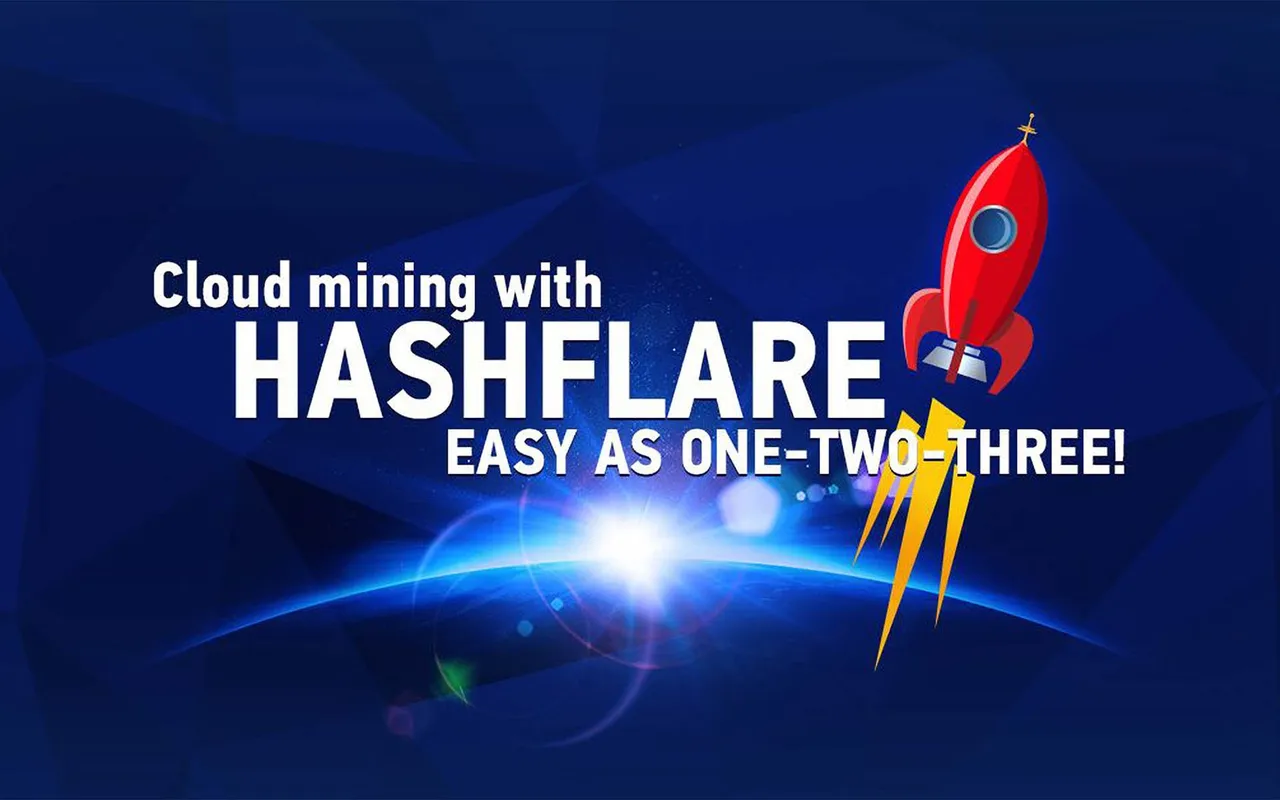
Genesis mining

Eobot
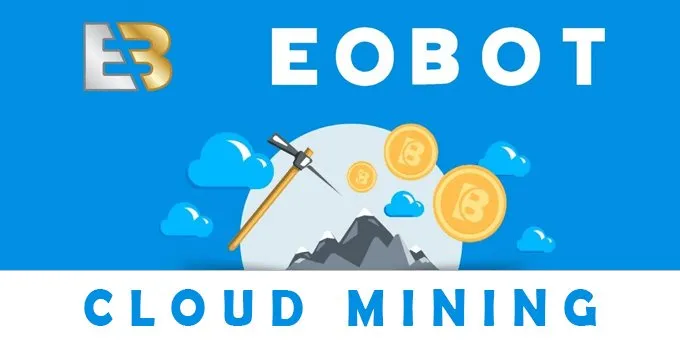
Some mining contract providers can charge you fees throughout the contract on top of the initial payment, which can distort the return metrics, and sometimes the mining contract provider can go bust or be a complete scam. So be careful & read all the necessary document before doing any investment in cloud mining service.
3. Pool mining:-

Pool mining is a mining method where multiple generating clients contribute to the generation of a block, and then split the block reward according the contributed processing power. Pool mining effectively reduces the granularity of the block generation reward, spreading it out more smoothly over time.
Some of the mining pools are:-
A. Slush Pool:-
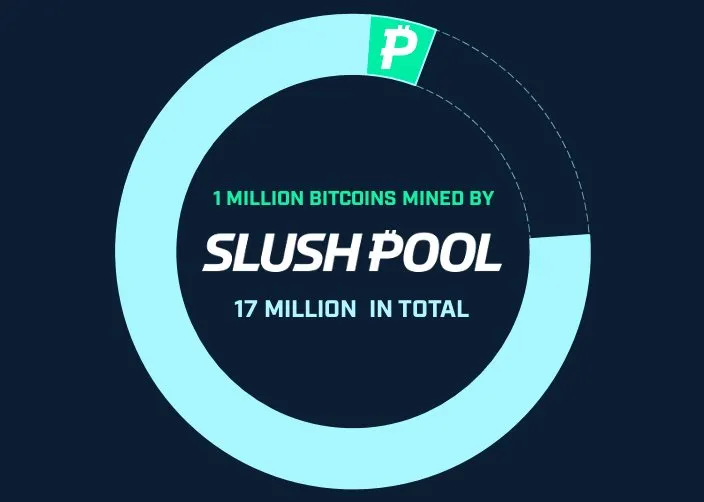
Slush Pool started out in 2010 when it was known as Bitcoin Pool Mining Server before rebranding itself. It's the oldest currently active mining pool and has an excellent reputation for stability and accuracy. Currently Slush Pool is the fourth largest mining pool representing around 11.4% of hash power overall. You can also set your minimum pay-out threshold to as little as 0.001 BTC, but there are additional fees for any pay-outs under 0.01BTC. Pool fees stand at 2% which is a little higher than some of the other pools out there. Slush Pool has servers in the US, Europe, Singapore, Japan and China.
B. AntPool:-
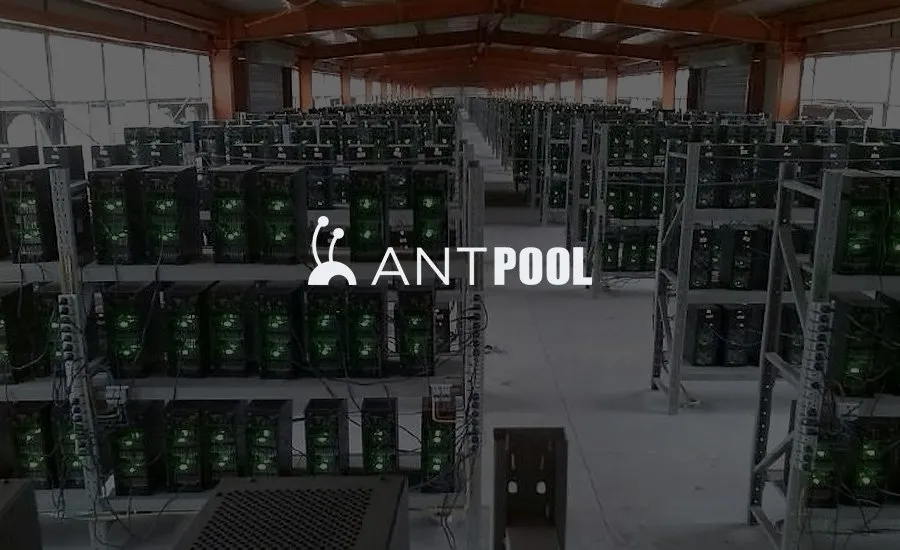
AntPool is currently the largest mining pool operating today, representing just over a quarter of hash power worldwide. It's owned and operated by Bitmain, a China-based firm which also manufactures the Antminer series of ASIC mining devices. Being the largest pool allows users some perks in that they can choose how they want to be rewarded. One method is PPS (Payment Per-Share) which means you're charged 4% on pay-outs plus 2% of any transaction fees earned. You can also choose PPLNS (Payment Per-Last N Shares) which is free but AntPool will keep all transaction fees. Currently, there is a new feature from June 18th to September 18th there is no pool fee.
C. BTC.com:-

BTC.com operates one of the most popular mining pools, vying with AntPool for the top spot. It currently represents over 20% of overall global hash power. Mining servers are located in both the EU, Germany and China. Ever innovative, BTC.com has its own method of rewarding miners known as FPPS (Full Pay Per Share). FPPS calculates a standard transaction fee within a given period, adds it to the block reward (currently 12.5 BTC) and then distributes the whole to miners as with traditional PPS (Payment Per Share). Sharing transaction fees, especially when they are high, makes mining much more lucrative which may explain BTC.com's popularity.
D. KanoPool:-
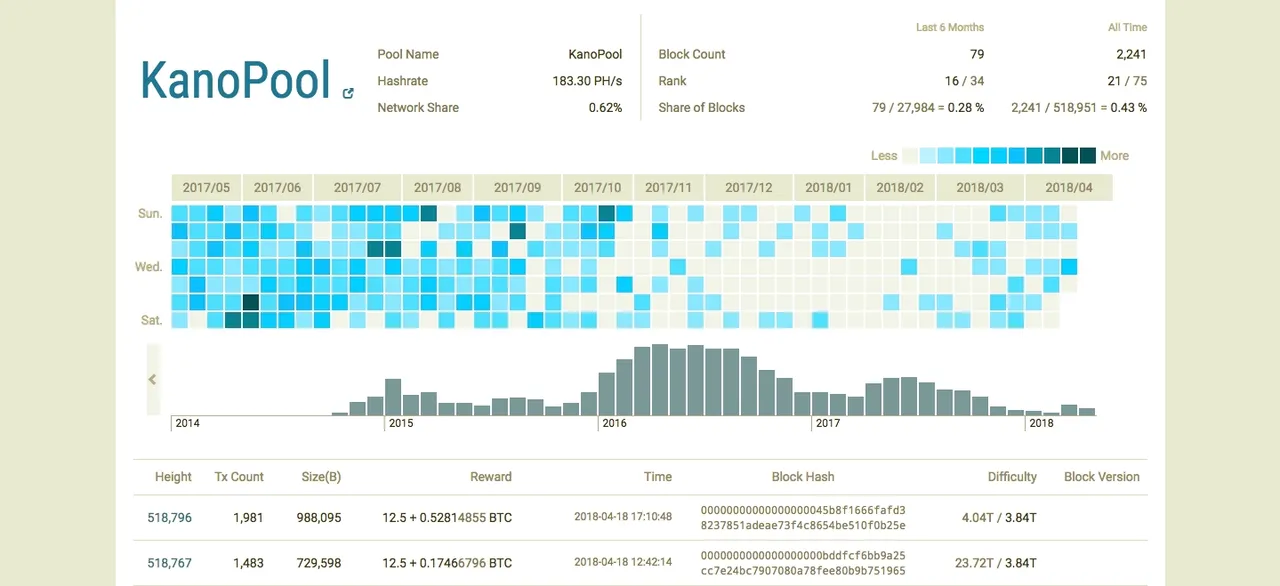
KanoPool has been around since 2014. Despite being one of the smaller pools out. It has become popular due to its low mining fees and easy setup. The pool fee itself is 0.9% and transaction fees are included in the block reward, meaning pay-outs are quite generous relative to rival larger mining pools, although payment may take some time.
E. F2Pool:-
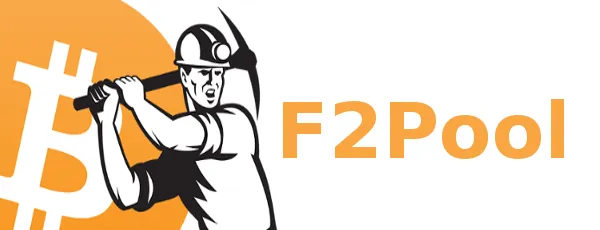
F2Pool is relatively large, representing around 5.5% of the hash power for the most popular Bitcoin mining pools. It’s also one of the most diverse pools in that while you can mine Btc, F2Pool also supports Litecoin, Zerocoin, Ethereum, Siacoin, Dash and Monero. Pay-outs are made at midnight UTC each day on a PPS (Payment Per Share) basis of negative 3%. The pool keeps all transaction fees. Right now, the threshold for Bitcoin payments is 0.005 BTC.
4. Solo mining:-
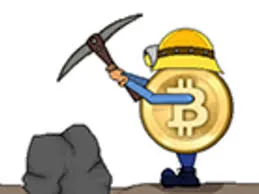
Solo mining is a way to maintain full control of your mining and not worry about pool fees or pools withholding amounts. However, it only makes sense to do this if you have a good amount of hashing power otherwise it might take you a long time to see any returns. It is therefore only recommended for advanced users and people with a lot of hashing power.
Requirements:-
You must have your hardware ready (CPU, GPU or ASIC). The process for solo mining is very simple:-
a. Find a new coin and ensure the network hashrate is low to solo mine.
b. Grab the QT wallet.
c. Create a config file, config the RPC port, ensure the server is setup and allows the IP address of your hardware.
d. Configure the miner and point it to RPC IP / Port of the computer where the wallet is running.